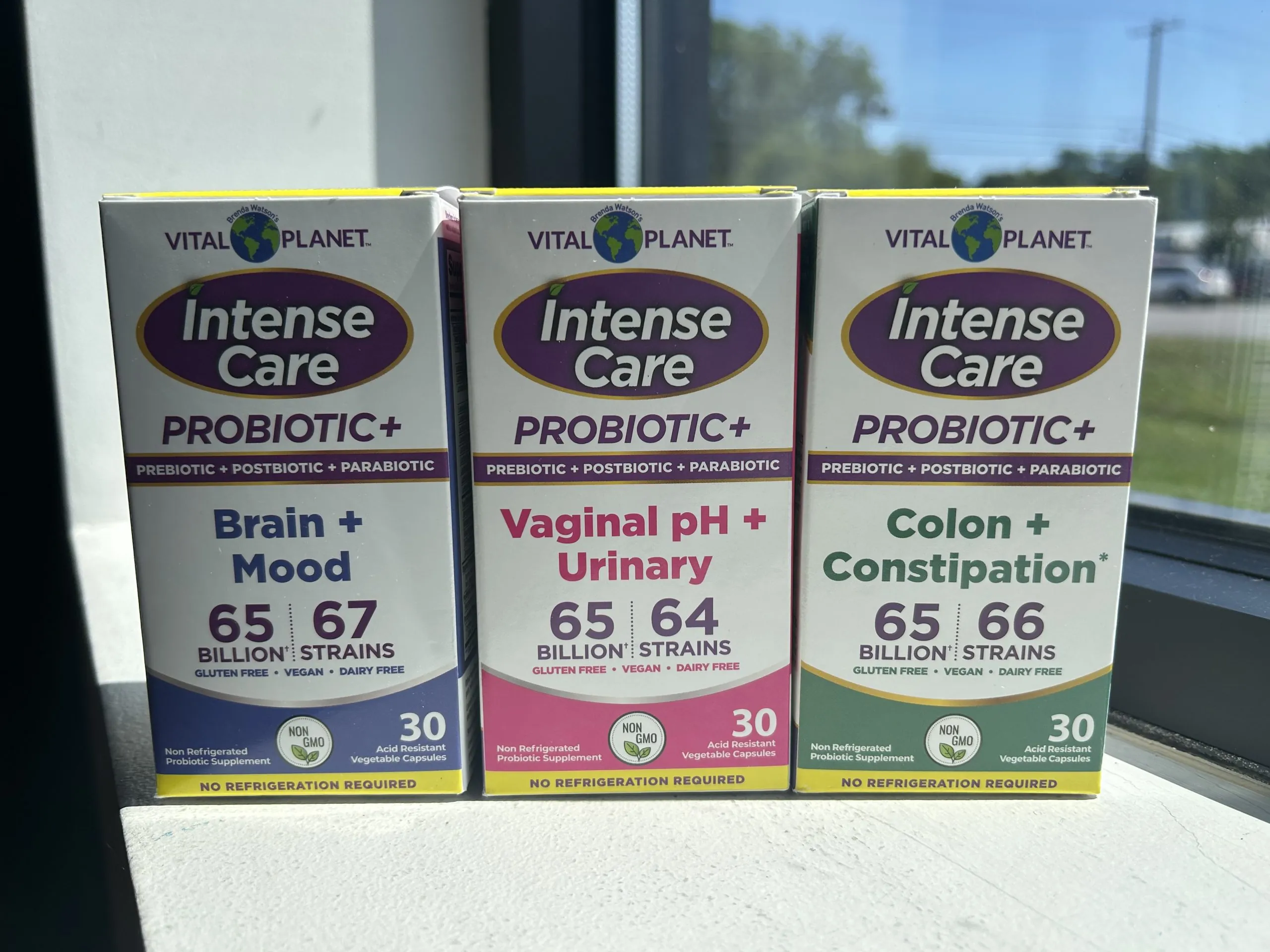
If you’ve had any of the following thoughts or had them said to you by someone you know and love, these practical tips might help alleviate the frustration and strain age-related hearing loss can cause in relationships and life.
“I get so tired of repeating everything I say!”
- Try to help by facing the person and speaking clearly.
“I notice they can hear most of the time but not when I talk.”
- If you are a female, you are more difficult for them to hear. Men’s voices are easier to hear. Also, the S, T, and SH sounds are hard for hearing loss due to age. It is hard to distinguish the clarity of those sounds when talking.
“Why don’t they go places with me?”
- They may avoid public places or crowds with a lot of activity and different background sounds because it is hard for them to understand words with all the background noise. They don’t want you to be annoyed by constantly repeating yourself. They want you to enjoy their company as much as they enjoy spending time with you.
So how can you tell if your loved one is experiencing age-related hearing loss when they may not even realize they have a hearing issue starting?
There are several indicators.
Maybe you are talking to them, and they say, “quit your mumbling” or “I can’t understand you,” even when you know you are not mumbling. Certain sounds might seem overly loud or annoying that have not been in the past, like children laughing and playing loudly (which could be why they suddenly isolate themselves at family events). Sometimes high-pitched sounds, like phones ringing or even the simple pleasures of hearing birds chirping, are hard to hear. Another indication that your loved one may be experiencing hearing loss is when they need to increase the volume on the TV. Lastly, if they have ringing in one or both ears (tinnitus), you can be sure of some hearing loss.
What causes us to lose our hearing as we age?
Our ears change on the outside as well as the inside. The outer ear becomes larger, therefore accumulating more ear wax, diminishing our ability to hear. Repetitive loud noises such as city traffic, motorcycles, lawnmowers, emergency vehicles, and rock concerts—or any scenario that presents 85 decibels or more for long periods of time—will cause hearing loss. Prescription drugs such as pain medications, aspirin, antibiotics, and chemotherapy may also contribute to hearing decline.
We have sensory cells in our inner ear, which die off as we get older. They are essential for sending sound signals to the brain. Hence, as the cells reduce, the amount of signals reaching the brain diminishes, reducing that area of the brain, causing further cognitive decline from our impaired senses.
Unfortunately, hearing loss has a lot more to do with genetics and the death of our cells, which we do not have much control over. What we do have control over is our whole body health by avoiding smoking, controlling diabetes, reducing high blood pressure, and prolonged exposure to loud noise.
Concerned about your own hearing loss or that of someone you love? Tune in next week for more tips on improving hearing naturally or preventing hearing loss in the first place.
Until then, be patient with yourself and others.
Sandy Fidler, Wellness Coach






